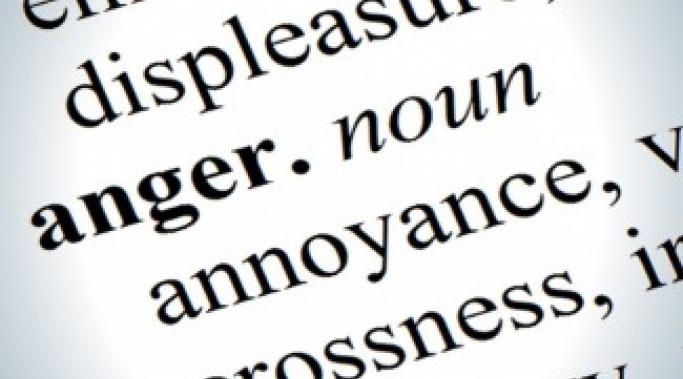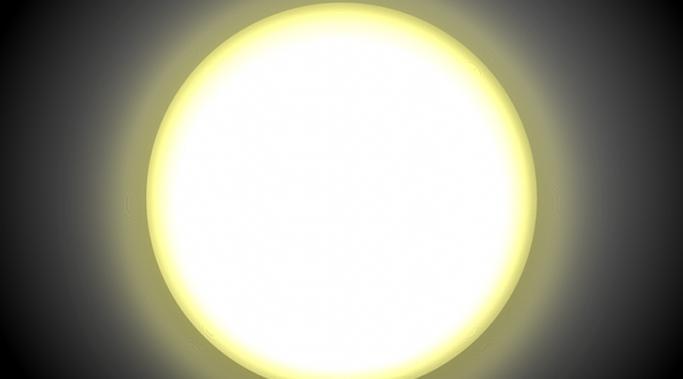Anger can be tough to deal with in bipolar disorder. Some people really do find they get extremely angry often for no reason other than bipolar disorder. And, as most people know, feeling angry, and even worse, acting angrily, are not positive experiences. Here are some tips on dealing with anger in bipolar disorder.
Breaking Bipolar
Over time, bipolar disorder can cause a decrease in functionality when it is being particularly nasty. Day-to-day activities like showering, cooking, going to work or even socializing can seem impossible (Why Don't We Want to Shower When We're Sick). They can seem like climbing up an infinitely tall staircase. In my case, I’ve been trying to write an article that requires a bit of research for three days and I just can’t. I can’t function well enough to do it. I’ve watched as my functionality has decreased over the week thanks to bipolar disorder and it just sucks.
I have found that one way to avoid suicide is to look forward to the little things. I know that sounds simple, but some of the most useful coping techniques are and as I’ve said to many people, when you have a mental illness, you need to do whatever works for you. If it’s stupid but it works, then it’s not stupid. And one of the “not stupid” things I’ve found to avoid suicide is focusing on looking forward to the little things.
There is a notion out there that a suicide attempt is a “cry for attention” and, thus, this invalidates what the person has done or makes it "not serious" (The Stigma Of Suicide). I would beg to differ. First off, of course, many suicide attempts have nothing to do with “attention,” per se, but secondly, so what if it did? So what if a suicide attempt is a cry for attention? Why does that make it less serious?
I have found that depression, in my case bipolar depression, amplifies physical pain (Mental Illness Means Physical Pain Too). Yes, depression brings about its own pain, to be sure, but additional to that, I believe depression amplifies the physical pain we already feel in our normal, daily lives. Stubbing your toe hurts, but stubbing you toe with serious depression feels like it could kill you.
I am practically famous for saying, “I am bipolar,” but I still fully recognize that I am more than a bipolar diagnosis. We all are. No one is a diagnosis, no matter what it is. I would suggest that, for many of us, our bipolar diagnosis invades almost every aspect of our lives, but that doesn’t mean that we are only bipolar. We are ourselves first. I am the one who did 150 skydives – not just the one who was unlucky enough to have bipolar disorder. I am more than a bipolar diagnosis.
For many years light therapy has been shown to work for seasonal affective disorder (that is, depression that is seasonal, typically in the winter when less hours of sunlight are available). But what about just for major depression? Does light therapy for major depression or bipolar depression work? Here’s the lowdown on light therapy for depression and bipolar disorder.
Fluctuations in energy levels in bipolar disorder can be a challenge to manage, at least, in my experience. What I find, is that my energy fluctuates throughout the day in unusual and very bipolar ways. These hourly energy changes require care and interrupt what I want to do. It might be due to the fact that I tend to cycle very rapidly (when I truly cycle, which is rare), but from what I can tell, bipolar causes energy level changes throughout the day.
Physical pain in bipolar disorder is one of the hardest bipolar symptoms to treat (and, of course, not everyone experiences this). The physical pain in bipolar disorder is known as neuropathic pain. Neuropathic pain is commonly associated with spinal cord injuries or amputation but can occur in psychiatric disorders and in other illnesses as well. This neuropathic pain, physical pain in bipolar disorder, can be debilitating but there are options for treatment.
I know it sounds weird when a blogger says “don’t talk to a blogger for help.” After all, aren’t we in it to help? Don’t we want comments? In fact, it’s true; I do hope to help people and I do love to see the comments of my readers. But if you’re in serious mental illness distress, you need to take an action step and not talk to a bipolar blogger.









